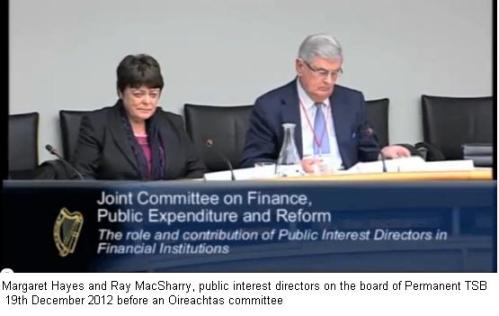[30 second version – NPRF launches three funds to loan and invest €900m in Irish businesses. Two of the three funds are operational now. All are managed by third party asset managers not noted for philanthropy. The NPRF press release is here]
Yes we do indeed have a “sovereign wealth fund” – it’s the National Pension Reserve Fund which was raided by then-finance minister Brian Lenihan in 2009 and 2010 to shore up the banks, and over 24 months we depleted a €25bn fund which was supposed to cushion the future effect of pension commitments in the State. As a wealth fund, the NPRF invests in a range of products, from stocks and shares to more exotic products including property funds. This morning, it has announced €350-500m of its own investment in three funds aimed at providing finance and capital to small and medium-sized enterprises (SMEs) in Ireland. The total size of the funds is estimated at €900m because the NPRF is entering into ventures with other investors, which are bring their own funds to the table.
There are three new funds
1. For healthy companies needing capital. This will have €300-350m, of which the NPRF commitment is €125m, it is managed by Carlyle Cardinal and is operational now.
2. For underperforming companies needing capital. This will have €100m of which the NPRF commitment is €50m, it is managed by Better Capital and is operational now.
3. For companies needing loans and credit. This will have €450m of which the NPRF commitment is €175-325m, is managed by Bluebay and should be operational by “early in the second quarter of 2013”
So you can probably hear ISME and the SFA shouting “yippee!” and this is good news as lack of financing has consistently been blamed by SMEs for endangering existing businesses and halting expansion – some studies conclude lack of financing is the primary inhibitor of survival/growth.
There is no further information forthcoming at this point about the timing of the investment, will it be €10m, €100m or €900m this year or is it phased. The managers are not known for their philanthropy and will be rewarded as asset managers, and it is not clear how the funds will be marketed so that suitable SMEs can make contact with the NPRF.
So, good news, but imagine if we still had €25bn to invest in Irish business instead of €500m…
